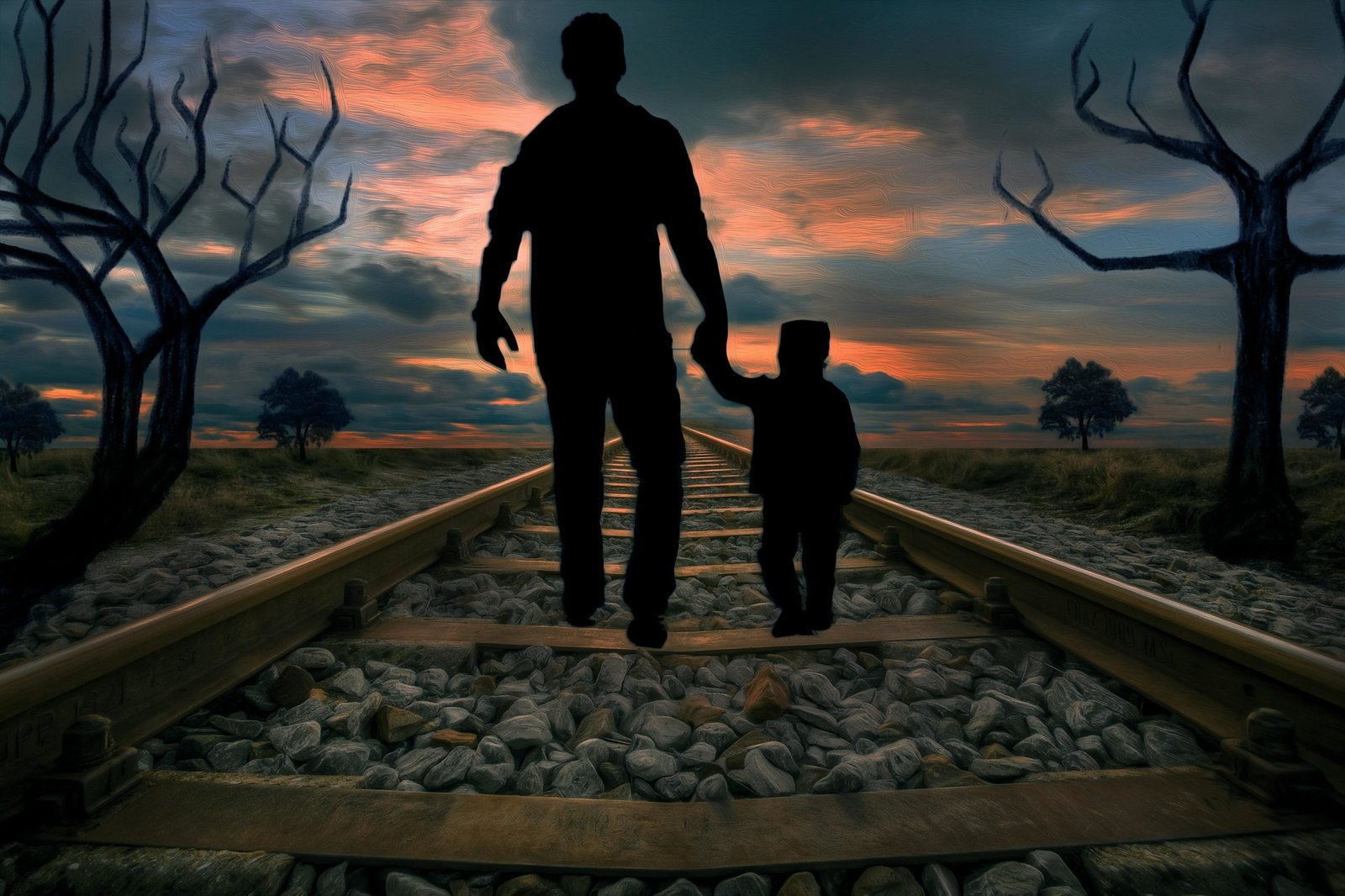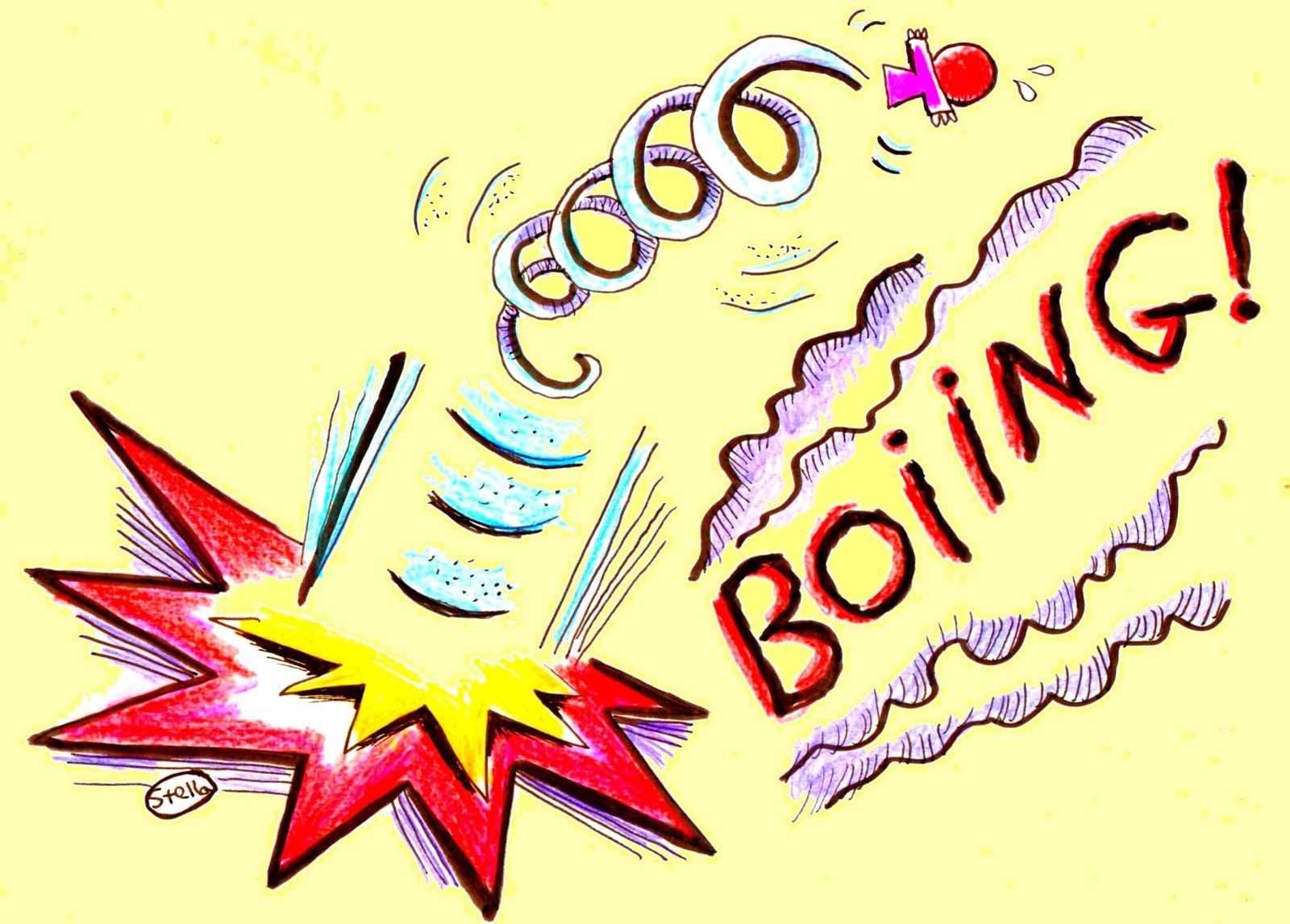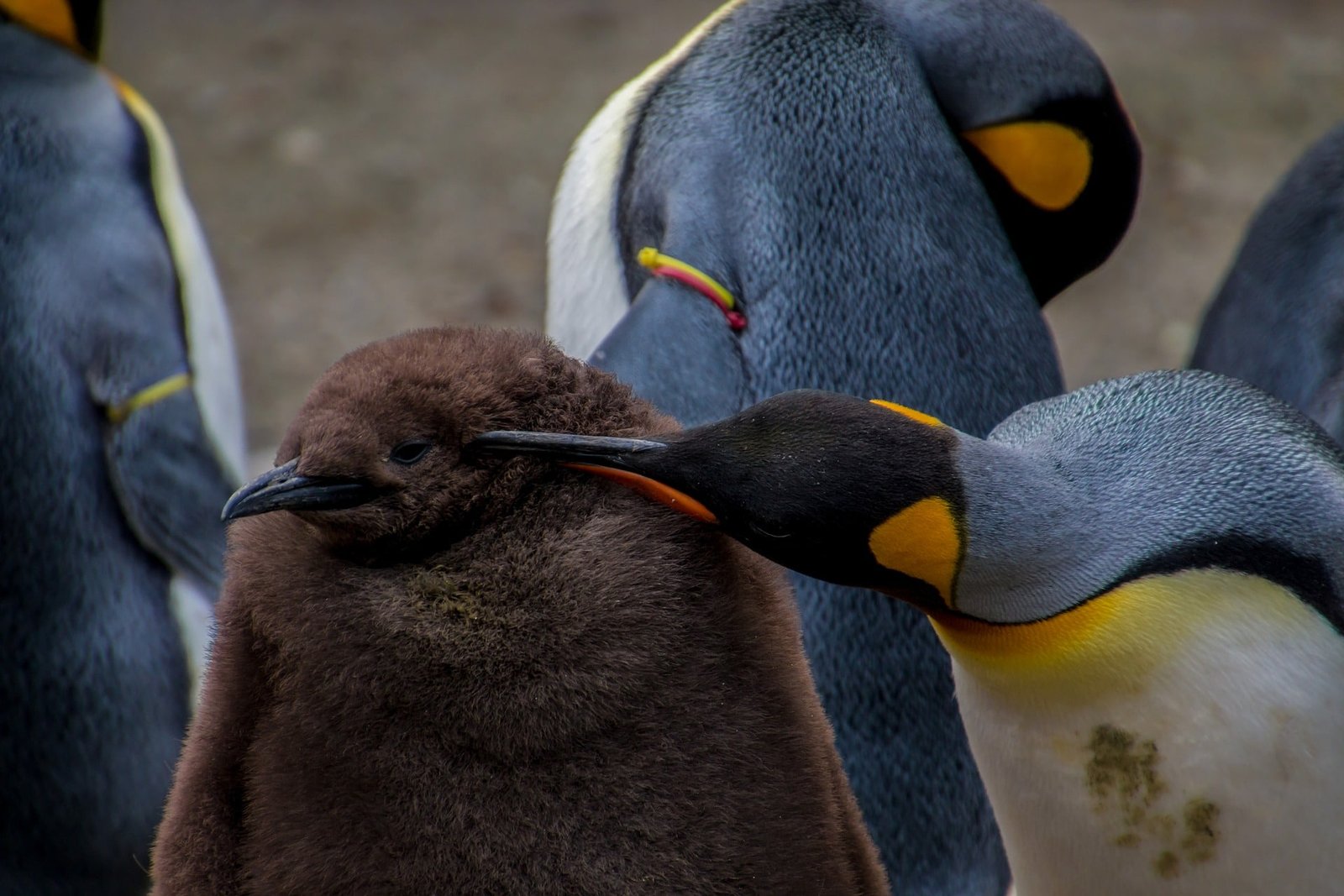Predators take a common approach in the grooming of a victim. Learning to identify these steps can help protect your children.
Adults who prey on children follow six predictable and identifiable steps toward grooming a child for abuse. While some of the below activities may be innocent and even admirable in isolation, witnessing a pattern of these behaviors should raise alarms for parents and caregivers.
1. Predators target a victim, singling out a particular child as “special”.
| When Uncle Tony comes over, he gives six-year-old Alex a lot of attention, listening to his stories and laughing at his jokes. He tells Alex’s mom and dad what a smart, interesting kid he is. When Alex says he likes basketball Uncle Tony offers to take him to the park and teach him to do layups. When Alex talks about not having friends at school, Uncle Tony tells him that’s because he’s special and other kids are jealous of him. | A new club at school is formed to provide social interaction and support for a group of marginalized kids. The sponsor encourages the school to put up posters in the halls advertising how special and fantastic kids in the club are. The club members go to other classes and teach the kids about the things that interest them. People outside the club are not permitted to disagree with or criticize members of the club or their ideas. |
2. Predators gain the victim’s and his family’s trust.
| Uncle Tony volunteers to help out with Alex’s family’s yardwork, and offers to babysit the kids so their parents can have a night out. Uncle Tony frequently touches Alex in acceptable ways in front of his parents—rubbing his shoulders, high-fiving him, giving a bear hug when he leaves. He does this much more with Alex than with Alex’s siblings. Uncle Tony listens patiently to everything Alex says, assuring Alex that Uncle Tony is his special and trustworthy friend who understands him. | Under the auspices of the school environment the club offers fun activities, homework support, and service projects for its members to participate in with other members of the club. Members are told that they’ve been marginalized, abused, and discriminated against, but the club and school are on their side and will help them become accepted, loved, and affirmed. The club asserts to parents that it is nothing but an extracurricular club like any other. |
3. Predators fill a void in their victim’s life.
| Uncle Tony tells Alex he loves him and assures Alex that they have a special relationship. He gives Alex gifts—sometimes expensive ones—and takes him to places and events that make other kids jealous. Uncle Tony becomes Alex’s confidant and they spend a lot of time talking, texting, and chatting on social media. Uncle Tony introduces Alex to things Alex’s parents might not approve of or allow him to have, like a racy magazine and a secret social media account. Uncle Tony asks Alex to pose for some artistic photos he wants to enter in a contest. | The club connects its members with other clubs and kids in other schools, states, and even countries. They learn special words and terminology that set them apart from others and help them define who they really are. They’re provided websites where they can get more information about how to circumvent parents’ control over them and how to maximize their self-determination. They learn about and obtain toys and paraphernalia that assist them toward “being who they really are.” They’re told they have a right to do whatever they want to. |
4. Predators isolate their victims from those who would protect them.
| Uncle Tony confides in Alex that his parents might not let them see each other anymore if the parents find out about some of the gifts Uncle Tony gave Alex, or the activities they’re doing together. Uncle Tony says that Alex’s parents are over-strict and don’t understand how important a friendship like theirs is. He gets Alex to promise that Alex won’t tell his parents about their times together. Uncle Tony criticizes other kids and adults in Alex’s life as bullies and meanies. Soon it’s Uncle Tony and Alex against everyone who doesn’t understand or appreciate them. | The club and the national organizations that sponsor it convince schools that parents are a threat to their children if the parents don’t agree with everything the club and the club’s members think. Administrators and counselors are advised to hide kids’ membership in the club from parents if the children in the club want them to. Parents are labeled “unsupportive” or “bullies” if they don’t applaud the club and agree to everything their child demands. People outside the club are given a special label to describe them. Outsiders are also dubbed “allies” if they applaud the club or “bigots” if they do not. |
5. Predators gradually sexualize their victims.
| In the beginning of their relationship Uncle Tony touches Alex often, with mostly benign touches like shoulder rubs and hugs. Then his hand begins to slide lower during longer hugs, and when he sits next to Alex Uncle Tony first rests his hand on Alex’s knee, then thigh, then crotch. Uncle Tony shows Alex some PG-13 movies, then some R-rated movies, and eventually puts on pornography for them to watch together. Uncle Tony queries Alex about his experience with girls, then about his experience with boys, then suggests they role play some things Alex might experience someday. Eventually Uncle Tony grooms Alex into a sexual relationship. | The club teaches kids about various kinds of sexual relationships, and encourages kids to teach others outside the club about these things. The school is told they must adopt a special curriculum, starting as early as preschool and kindergarten, to introduce children to certain concepts so that children will not grow up believing the “wrong things” about themselves and others. Kindergartners are shown books like It’s Perfectly Normal which contains anatomically accurate illustrations of spread-eagled people’s crotches. By high school teachers show pornography as instructional videos for sex ed. The club is encouraged by its national organizers to take field trips together for HIV tests. |
6. Predators maintain tight control of the victim and the relationship.
| Uncle Tony makes Alex a co-conspirator in their relationship, convincing Alex that it was Alex’s idea to begin with. Uncle Tony uses this blame-and-shame strategy to manipulate Alex into keeping their sexual relationship a secret. Uncle Tony exaggerates, minimizes, and/or lies about things that happened, undercutting Alex’s confidence in his own memory and accounts of events. Uncle Tony tells Alex about terrible things that will happen to Uncle Tony and Alex if anyone finds out what’s going on. | The club’s advisor claims that children at the school approached him desiring to create the club, and that everything the club does is child-led. Club members ostracize and slander people who try to leave the club. The club claims that terrible things like suicide will happen to children who aren’t affirmed in everything the club and child say they want. The club portrays outsiders as dangerous and hateful. The club makes claims about themselves, their ideas, and their members which cannot be verified by research or facts, and anyone who questions them is called a hater, bigot, and club-phobe. |
If you witness any of these behaviors or activities happening with your children, waste no time severing your child’s contact with the offender(s). Parents and caregivers must protect vulnerable children from the salacious and predatory intentions of adults who seek to sexualize children for their own repugnant agendas.
For further information about how individuals and schools are implementing predatory grooming techniques to groom children for use by the gender industry, please visit www.partnersforethicalcare.com.
The time to act is now.








Article Discussion